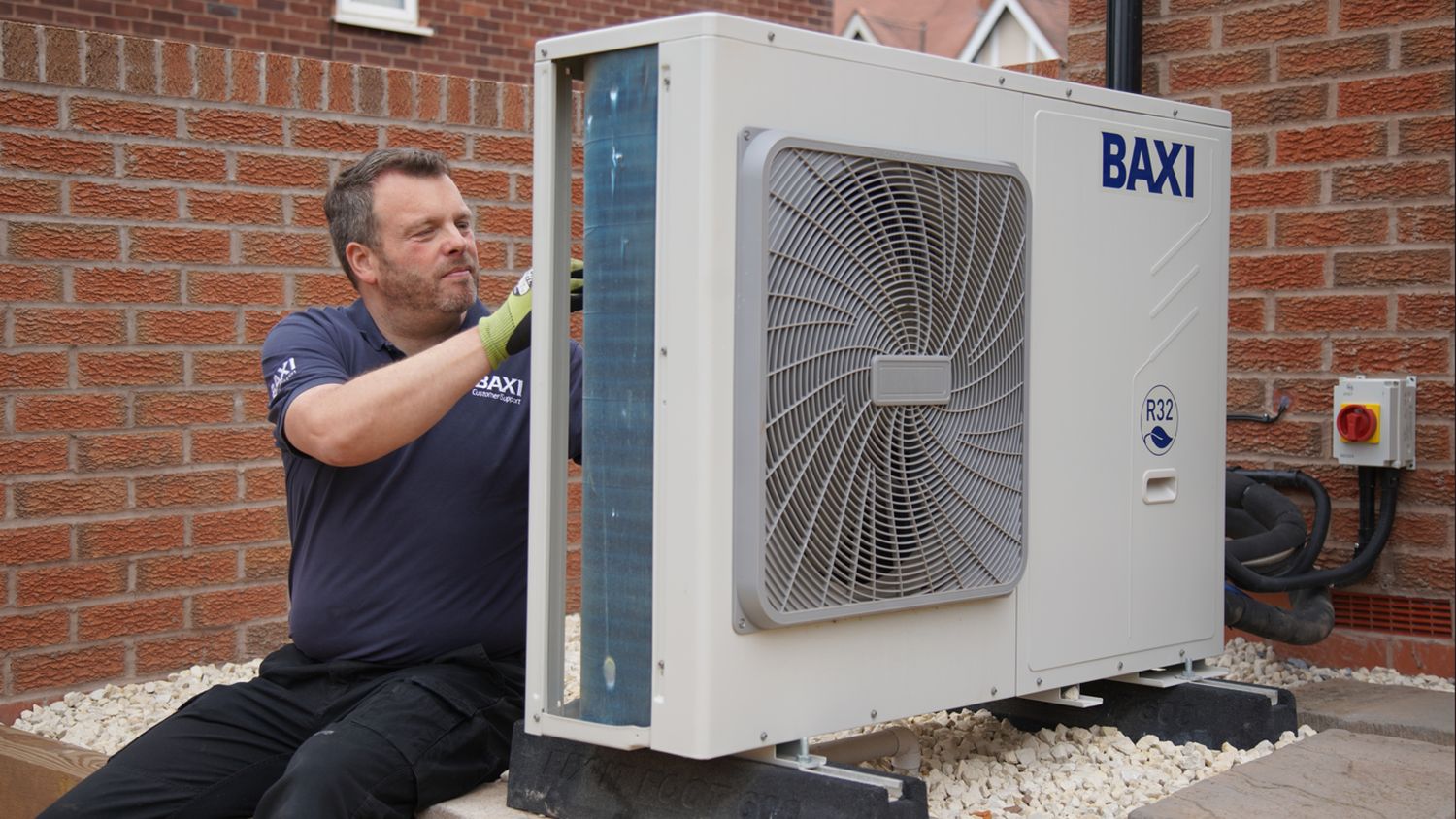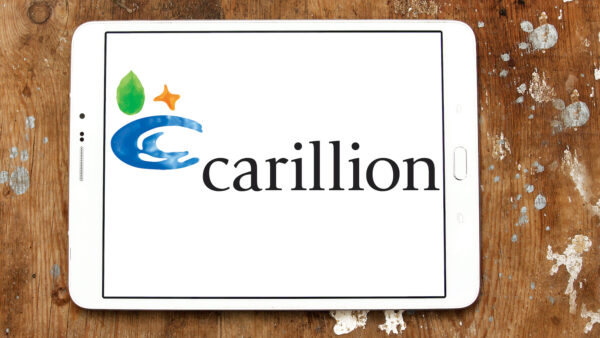
Existing government policy measures are “not sufficient” to drive the uptake of heat pumps and hydrogen boilers in either the short or medium term.
That’s according to a new report by National Grid.
The report, titled Future Energy Scenarios, has been produced by National Grid ESO, National Grid’s electricity systems operator.
It noted that the publication of the Future Homes Standard (in force from 2025), the Heat and Buildings Strategy in 2021 and further policy this year had clarified the future direction for the decarbonisation of heat, including:
- Grants for air source heat pumps of £5,000 as part of the boiler upgrade scheme from 2022-25, and £6,000 for ground source heat pumps, with a total commitment of £450m.
- Heat pumps should be no more expensive to buy and run than gas boilers by 2030.
- No new gas boilers in new builds from 2025.
- New gas boilers to be hydrogen-ready from 2025.
- Phase out the installation of natural gas boilers from 2035, including hydrogen-ready boilers in areas not converting to hydrogen.
‘Appropriate policy support’
But the report warned: “Existing policy measures are not sufficient to drive the uptake of heat pumps and hydrogen boilers in the short and medium term needed to get the residential heating sector to net zero by 2050. A much longer, consistent period of policy incentives will be required to make heat pumps and hydrogen boilers more attractive for consumers compared to gas boilers.”
It called for “appropriate policy support” to be put into place to support consumers to improve energy efficiency. There is low uptake of heat pumps, despite the government’s target to install 600,000 of them every year by 2028. Currently, only around 60,000 – a tenth of that figure – are being installed each year.
This is despite the fact that heat pumps are three times as efficient as gas boilers and important when it comes to decarbonising heat.
National Grid ESO estimated the maximum potential for heat pump installation would hit 1.1m per year by 2050.
High upfront cost
But it warned that reductions in the high upfront capital cost for heat pumps are needed, as well as policy interventions to support uptake and allow the market to create new propositions for consumers.
It added that hydrogen boilers could also help to decarbonise heat, but that where hydrogen is primarily produced from electrolysis, its modelling indicated they will be less cost effective at scale compared with heat pumps, without “significant policy intervention” to reduce cost.
The report also pointed out that a driver in favour of increased heat pump adoption is the pressure on consumer energy bills, which has improved the competitiveness of heat pumps compared to gas boilers.
To read the full report, click here.
Comments
Comments are closed.












Heat pumps.
The greatest heat pump con.
Will take 3 hours plus to reach a comfortable temperature.
Heat pumps a massive step backwards.